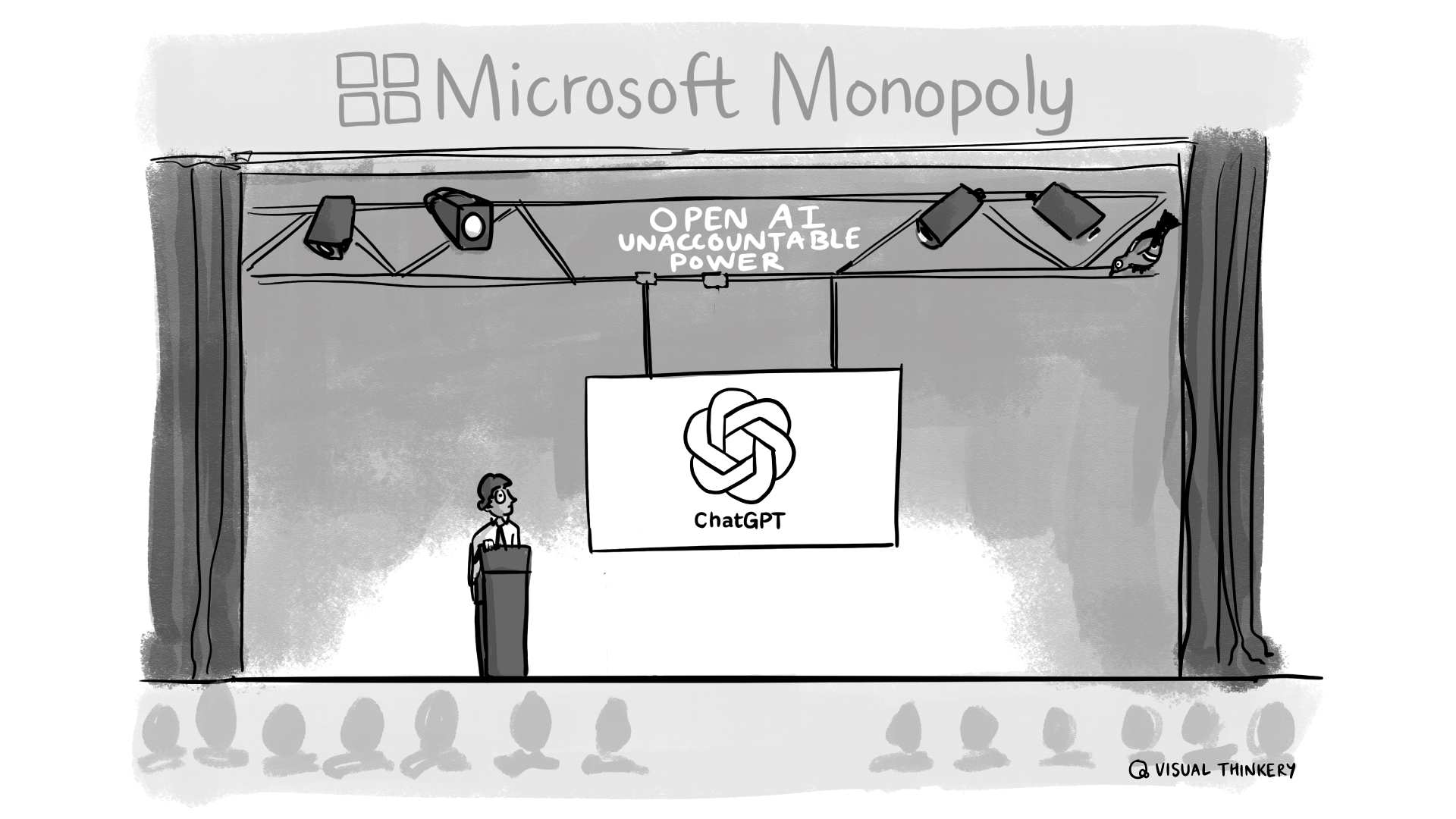Bird of Pray

"This is not right. This is not right."
@justsayuhatebasketball I know this is a basketball page but I can’t think about hoops 🏀 right now. 🚨PUBLIC SERVICE ANNOUNCEMENT🚨 PROTECT YOURSELVES AND YOUR FAMILIES AT ALL COSTS. THEY (ICE) ARE TRYING TO REACH THEIR QUOTA OF 3000 PEOPLE PER MONTH AND ARE COMING TO SCHOOL GRADUATIONS AND PARENTS ARE HAVING TO LEAVE THEIR KIDS THERE AND RUN FOR THEIR LIVES!?!? WTF IS THIS!?!?!? TELL ME WHAT I CAN DO PLEASE!!! 🤬🤬🤬🤬🤬🤬🤬🤬🤬🤬🤬🤬🤬🤬🤬🤬🤬🤬🤬🤬🤬🤬🤬🤬🤬🤬🤬🤬🤬🤬🤬🤬🤬🤬🤬 #WEvotedforthis #ICE #FUCKDONALDTRUMP #Awareness
♬ original sound - Mr. Howie
Again, we battle for Los Angeles. We battle in every community, for every community. There are protests everywhere this weekend, and I encourage you – if you are able – to join one. Fascism will not be defeated by memes, by looking at our phones, by clicking on things. Fascism will not be defeated digitally, even though it is certainly growing and wielding its power digitally – through the surveillance mechanisms that a vast collection of data and incredible computational resources have been building for decades, through the algorithmic control that "AI" is now streamlining.
As Mr. Howie's viral video reminds us, this is happening at schools and near schools. It is happening to schools. It is happening to the children and the teachers and the staff, to the families and the communities.
It is happening to everyone. If you think it is not happening to you – bless your heart – you are mistaken. "Nobody's free until everybody's free," as Fannie Lou Hamer reminded us.
But maybe you weren't listening when she said it (or even alive – so fair enough). Maybe you didn't think you needed to pay attention. Maybe you're one of those people who can write things online like "AI has revealed how our education system is failing," never having noticed, I guess, the people and communities for whom the system has repeatedly failed – those for whom it was never designed to help succeed (or those whose success has prompted powerful people to now dismantle institutions and destroy opportunities it has afforded).
Maybe you believe that "AI" is going to magically fix things, because you don't want to / have to struggle, because you don't actually believe in human capacity or human agency – for you, people are the problem, not the solution. Maybe you believe that "AI" poised to unlock a superior intelligence, or maybe you believe it will simply enhance human cognition, all while you shield your eyes, while you refuse to recognize the humanity of the people you refuse to see – the suffering, the harms that "AI" is perpetuating throughout the world, particularly to the most marginalized and most vulnerable among us.
Who is your "AI" really for? Who are you for?
From Wired's interview with Demis Hassabis, the head of Google's DeepMind:
Tell me what you envision when you look at our future in 20 years and, according to your prediction, AGI is everywhere?
If everything goes well, then we should be in an era of radical abundance, a kind of golden era. AGI can solve what I call root-node problems in the world—curing terrible diseases, much healthier and longer lifespans, finding new energy sources. If that all happens, then it should be an era of maximum human flourishing, where we travel to the stars and colonize the galaxy. I think that will begin to happen in 2030.
"We will colonize the galaxy." This is the vision of empire, as Karen Hao rightly observes in her book Empire of AI – a vision of ever-expanding scale and power, a vision of extraction and rapaciousness, a vision of total monopoly and total control. Oh but it is a "gentle singularity," OpenAI's Sam Altman writes – this empire will be painless, he assures us; and those who are racing to adopt "AI" surely hope that they and their children are spared the violence, that they and their children can still come out on the ruling side of this new imperial order.
But there is no education at the end of the world, no education once – to put it in Altman's words (and his investment portfolio) – "we plug in." They say they're building "a brain for the world." But they're not building schools, you'll notice; they're building bunkers.
In five years time, when we have AGI (LOL), Altman predicts that "people will still love their families, express their creativity, play games, and swim in lakes." I do wonder which lakes, as "AI" depletes the planet's resources. After all, the chief scientist of OpenAI has said that he believes "it's pretty likely the entire surface of the planet will be covered with data centers and solar panels." In five years time, as environmental catastrophe hastens, which people will be afforded this rather dull little vision of the future Altman paints, and which will have been severed from their families, from their creativity, from play?
Who among us will be dispossessed – of land, of work, of love, of learning?
For there is no education, even in a "gentle singularity" – why would there be?
Oh sure, these men and their "AI" industry make gestures at education today – but, in the end, mostly education as a market, students and professors as sources of data, increasingly compelled to live and learn as such – a "technofeudal education," as Matt Seybold puts it.

One of the problem with education technology – and phew, there are many – is that its advocates (its researchers not just its entrepreneurs and funders) seem to have become so enamored with the gadgetry that makes up the last half of the phrase that they seem to have forgotten that the purpose of ed-tech resides, ostensibly at least, with the other word: with education. Technology has become the means and the end and the everything.
Lots of people are spending lots of time coming up with potential use cases for products that, quite literally, threaten to destroy everything. Lots of people are extending more intellectual generosity to some of the most well-funded companies in history than they are to their own colleagues whose jobs and funding have been eliminated. Lots of people are busy rationalizing why "AI" is good (and when it doesn't work, why that's fun and weird), even as it churns out endless bullshit, even as it renders flawed and dangerous judgments. Lots of people exalt some fictitious vision of human-machine "collaboration," while other meanings for "collaborator" seem more and more relevant: as Trump demands institutional acquiescence and ICE rounds up students and teachers alike.
We have bent education – its budgets, its practices – to meet the demands of an industry, one that has neatly profited from the neoliberal push to diminish and now utterly dismantle public funding. The learning management systems. The productivity suites. The testing. The feedback. The surveillance. The surveillance. The surveillance. And now, the slop – all at the expense of dignity. The personalization and the individualization – all at the expense of community and solidarity.
We have bent education to meet the demands of an industry that hates education, that lauds the ivy-league autodidact, the affluent drop-out (that hates teachers, that hates women).
There is no education in the "AI" eschatology of Altman and Amodei et al because they are building a future for money and machines, not for people (certainly not for all people). "AI" is steering the world towards greater inequality, more consolidated power – a monopoly that seeks to design and engineer and optimize all aspects of our lives. There is no education in this future – certainly not as a practice of freedom, but not even as a hollowed-out practice of competence.
But here the "AI" eschatology comes – and comes to compel its version of "reasoning" – emerging after decades of working challenging what "competence" and "reason" might even mean. Students and teachers have fought for schools to make space for diverse bodies and diverse minds. And we made a little! But now the ol' bell curve is back. Instead of the richness of neurodiversity, the freedom of non-binary, a multiplicity of rhythms and curiosities and tongues, we are threatened with the violence of culture war, with the discipline of a technological "normal."
Education isn't a curve or a line or a scan or a graph. It isn't an output, a product. It is a process, sure. But to conceive of education as a process of knowing that can be engineered and fine-tuned is still to speak in the metaphors of the machine.
Education is immeasurable; it is messy.
Education is a practice of caring for one another – who we were and who we can become.
Education is a relationship among people – among the people of the past, present, and future. It is a relationship among the people we live with, the people we come from, the people we love, and the people we do not yet know we love.
Love the world enough, love yourself enough to fight for a human future.
Fight, or at least support the fighters.
Thanks for reading Second Breakfast. Every Friday, I write a response to the week's news – the links in this newsletter are many and varied; on Mondays, I publish an essay on the history of the future of education – or something like that. Please consider becoming a paid subscriber, as your financial support allows me to do this work.





